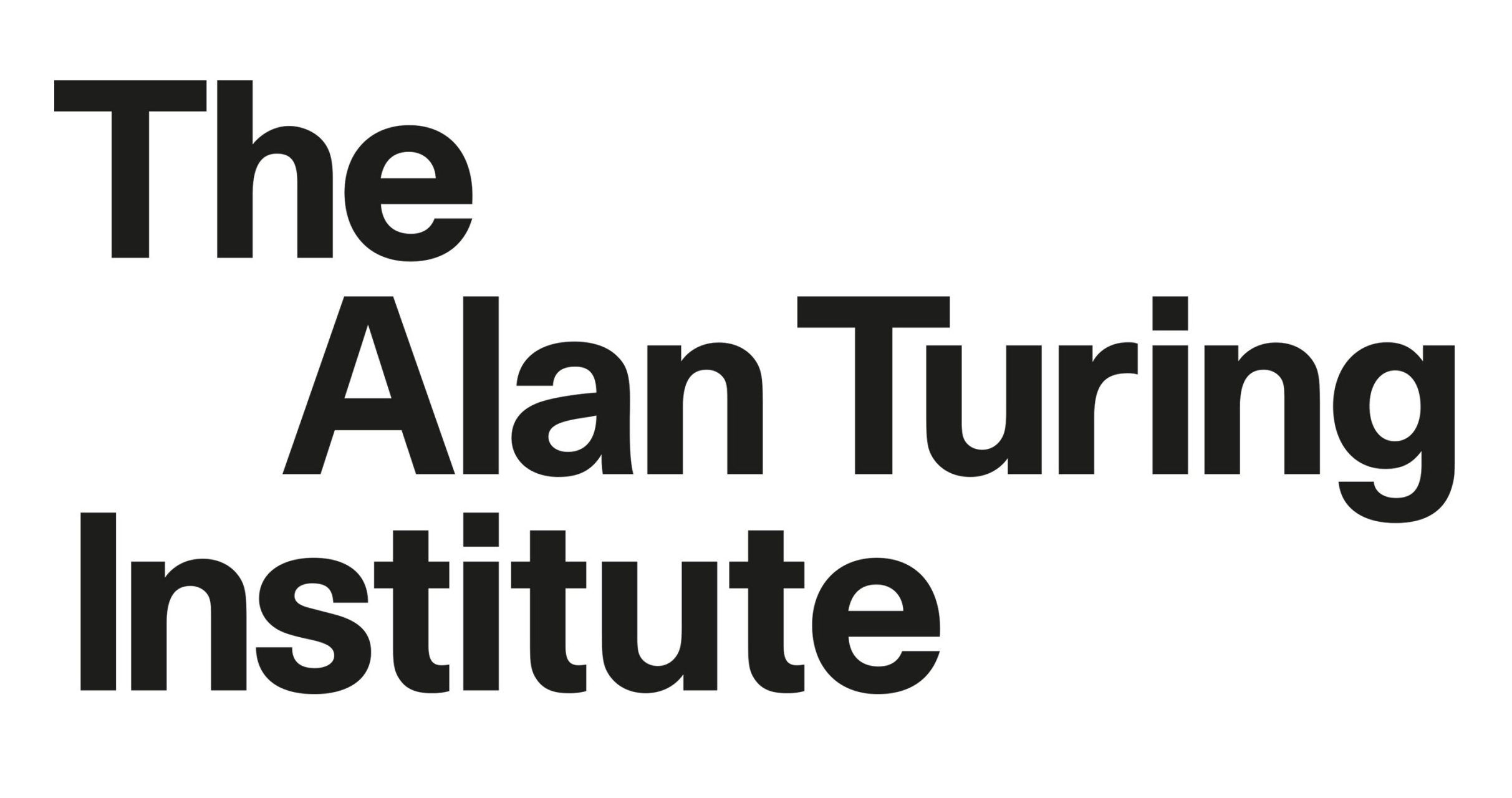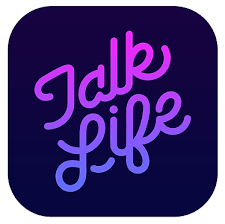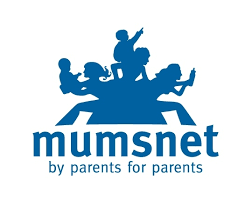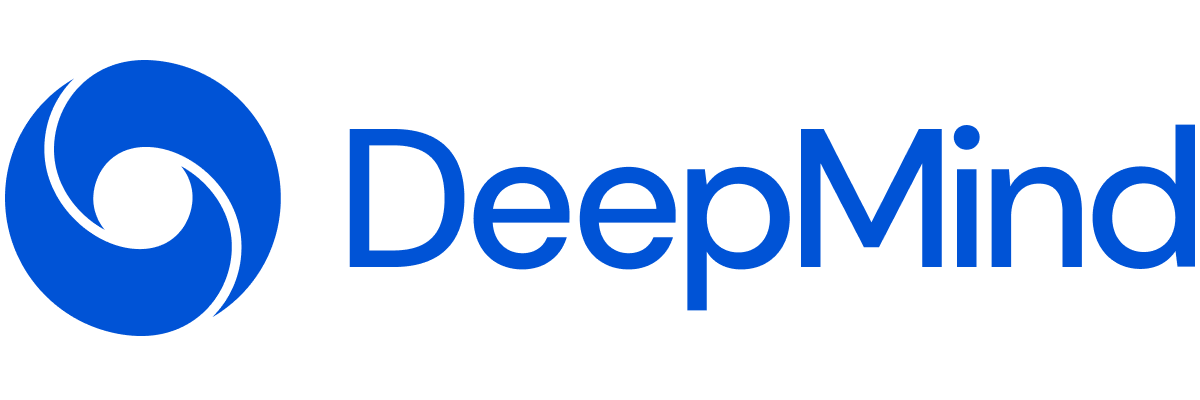The LongNLP group is working on developing novel AI methods for capturing longitudinal phenomena in natural language and multi-modal and heterogeneous data. A major focus has been on leveraging linguistic and heterogeneous data from a variety of sources to develop methods for capturing changes in an individual over time (“Creating time sensitive sensors from user-generated language and heterogeneous content”). This research on longitudinal personalized language monitoring places a particular focus on (mental) health use cases. In particular we are developing NLP methods to: (1) represent individuals over time from their language, heterogenous and multi-modal content (2) capture changes in individuals' behaviour over time (3) generate and evaluate synthetic data from individuals' content over time (4) summarise the progress of individuals over time, incorporating information about changes.
Our core areas of work include but are not limited to representation learning, temporal modeling, summarisation, generation and evaluation of synthetic language data, model augmentation, transfer learning & personalisation, explainability and rumour verification.
- Natural Language Processing (generation & summarisation, temporal modeling, personalisation & transfer learning, explainability, rumour verification)
- Deep Learning and Large Language Models
- Machine Learning for Mental Health Applications
- Temporal modelling
- 05/2025 Three papers accepted by ACL 2025 [2 in Main, 1 Findings] - Take a look 1,2,3. 🎊 🎊 🎊
- 05/2025 Our team is presenting the Findings of CLPsych 2025 Shared Task on Capturing Mental Health Dynamics from Social Media Timelines, at NAACL 2025. Read more here.
- 09/2024 One paper accepted by Computational Linguistics [CL] and one paper accepted by EMNLP 2024. See you in Miami 🌊
- 06/2024 Two papers accepted by ACL (findings) 2024. Read more [1], [2]
- 05/2024 Big News! Professor Maria Liakata awarded RAI UK Keystone grant to address sociotechnical limitations of Large Language Models (LLMs). Visit our website.
- 02/2024 Two papers accepted at LREC-COLING 2024. 🥳
- 02/2024 Our team is co-organising the CLPsych 2024 Shared Task on Leveraging Large Language Models to Identify Evidence of Suicidality Risk in Online Posts, at EACL 2024. See you there!
- 02/2024 Our demo paper: Sig-Networks Toolkit: Signature Networks for Longitudinal Language Modelling, was accepted by EACL 2024.
- 01/2024 Our paper: A longitudinal multi-modal dataset for dementia monitoring and diagnosis, was accepted by the Journal of Language Resources and Evaluation. 10/2023 One paper accepted by the Deep Generative Models for Health workshop at NeurIPS 2023. Title: Automated clinical coding using off-the-shelf large language models.
- 10/2023 Two papers accepted by EMNLP Main 2023. Titles: Reformulating NLP tasks to Capture Longitudinal Manifestation of Language Disorders in People with Dementia / A Digital Language Coherence Marker for Monitoring Dementia.
- 08/2023 One paper accepted by 8th ECML PKDD Workshop, AALTD 2023. Title: Time-aware Predictions of Moments of Change in Longitudinal User Posts on Social Media.
- 05/2023 One paper accepted by ACL Findings 2023. Title: Sequential Path Signature Networks for Personalised Longitudinal Language Modeling.
- 03/2023 Press release by Prof. Maria Liakata on the Challenges of ChatGPT.
- 02/2023 One paper and one demo accepted by EACL 2023. Title: Creation and evaluation of timelines for longitudinal user posts.
- 01/2023 Prof. Maria Liakata was a Keynote Speaker at the Turing Symposium on Exlporing Foundation Models. [video]
- Mental Health Foundation
- The Alan Turing Institute
- REAL Communications (Sarah Reed)
- Dana Atzil-Slonim (Bar-Ilan University)
- Rina Dutta & Rob Stewart (King’s College London)
- Kate Saunders (University of Oxford)
- Dennis Chan (UCL)







